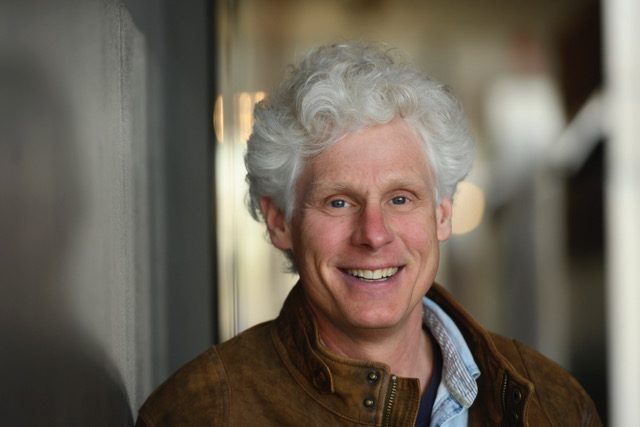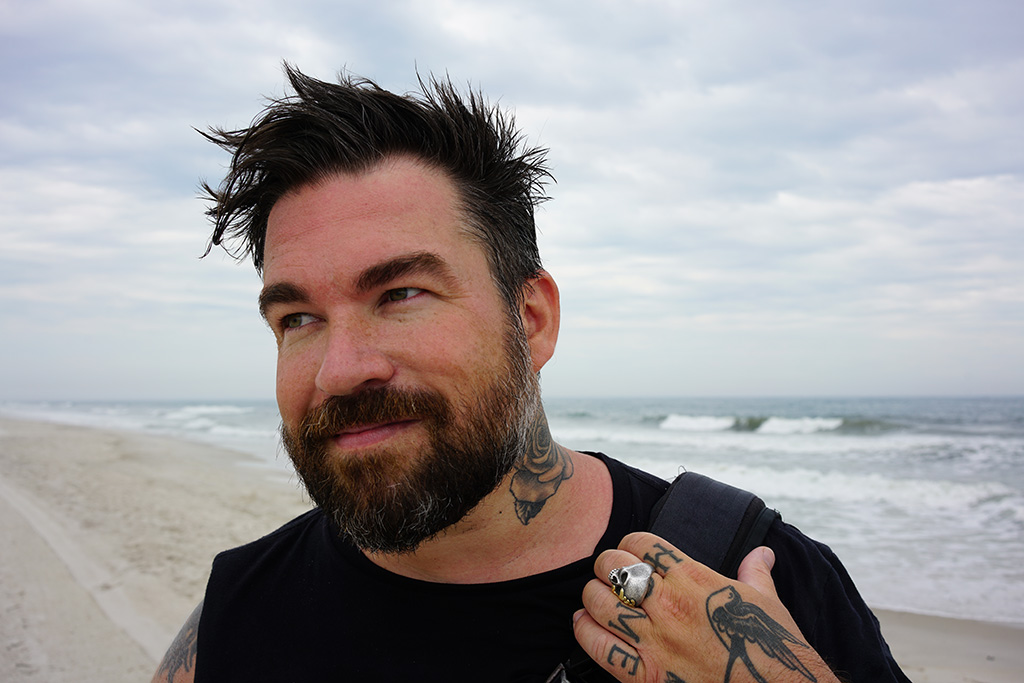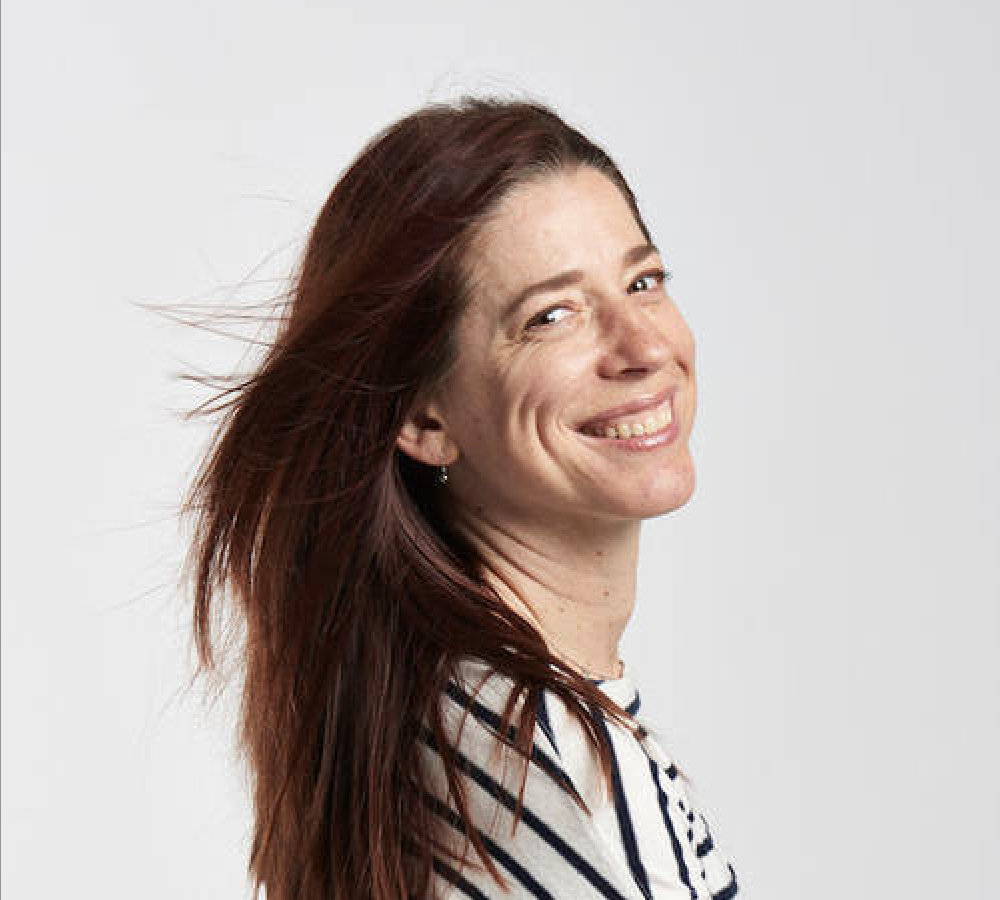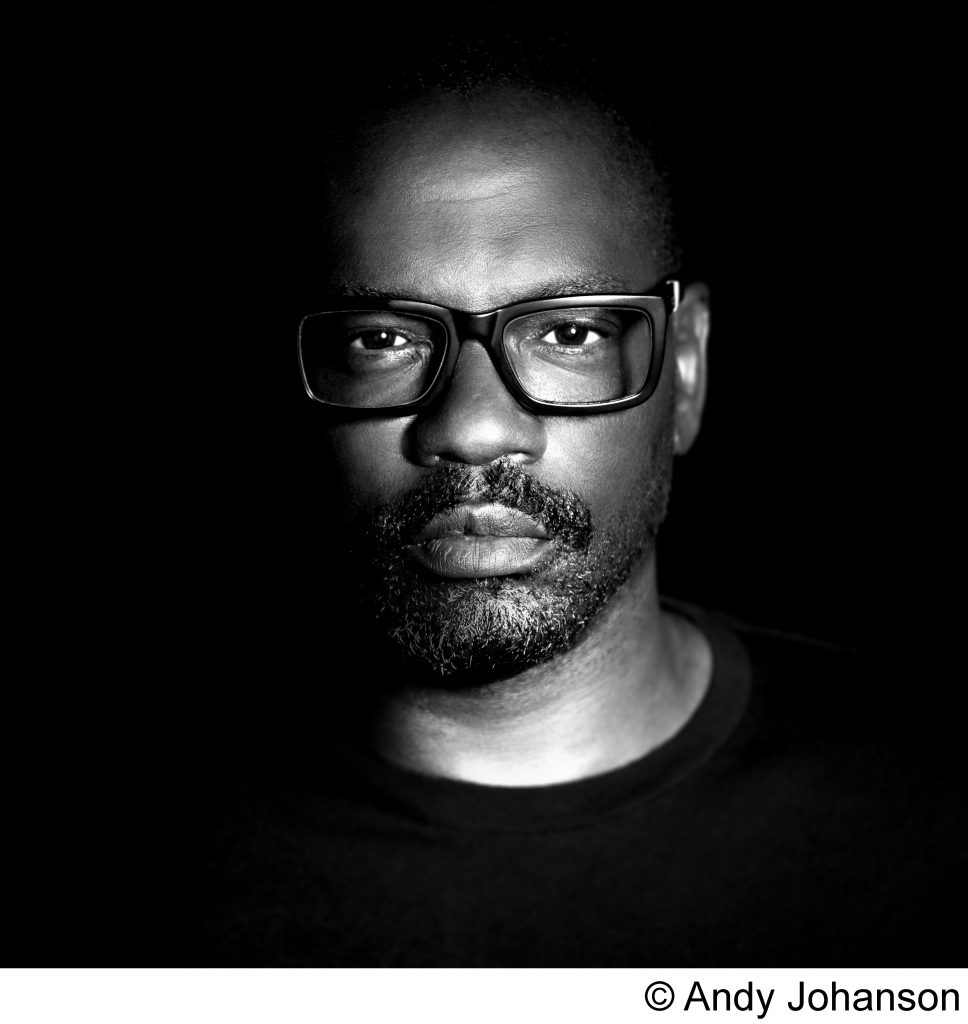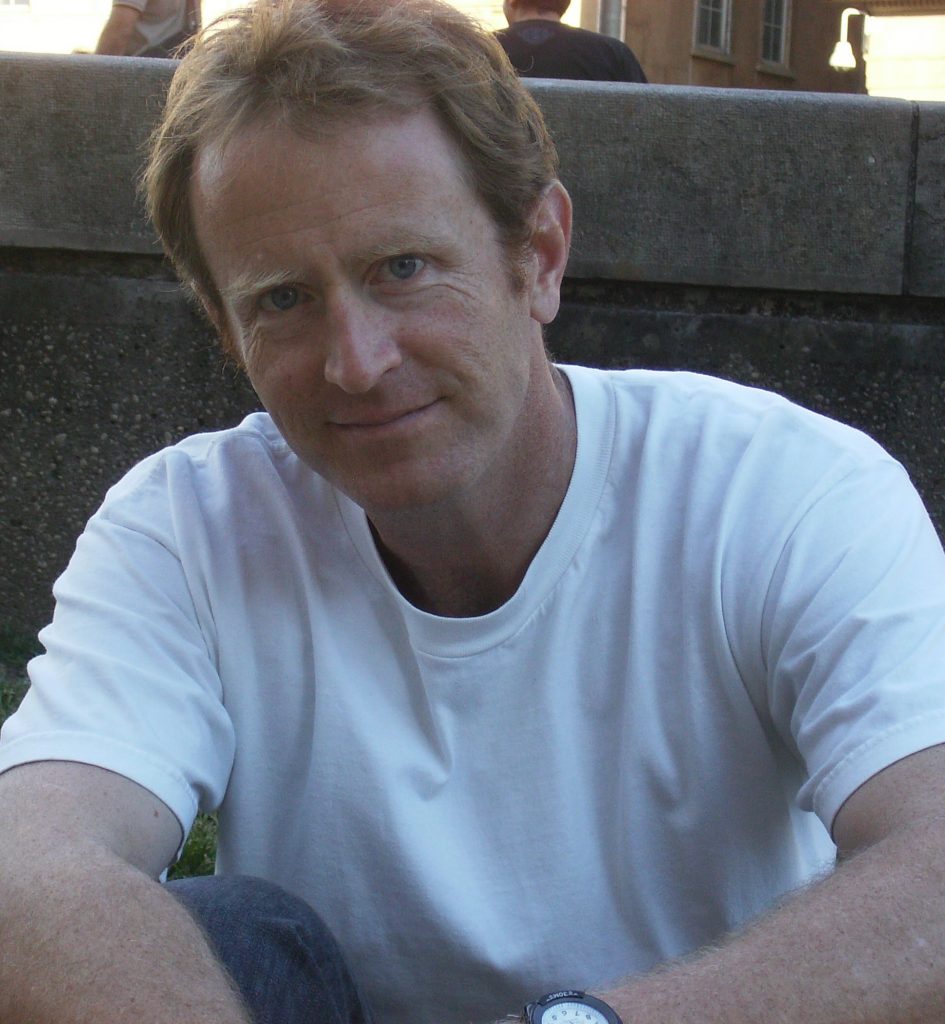Listen on Apple Podcasts, Spotify, YouTube, or wherever!
“When I came in [to Longreads], I didn’t come in and say, I think we need to grow aggressively. I said, ‘Let’s figure out who we are. Let’s figure out what other people aren’t doing, that we do , and that we can do better.’ And so the only real thing that changed when I first came in was to try to make the editors known quantities.” — Peter Rubin, head of publishing at Automattic, where he works primarily with Longreads, but also The Atavist Magazine.
Continue reading “Episode 495: On Being Merciless with Peter Rubin of Longreads”